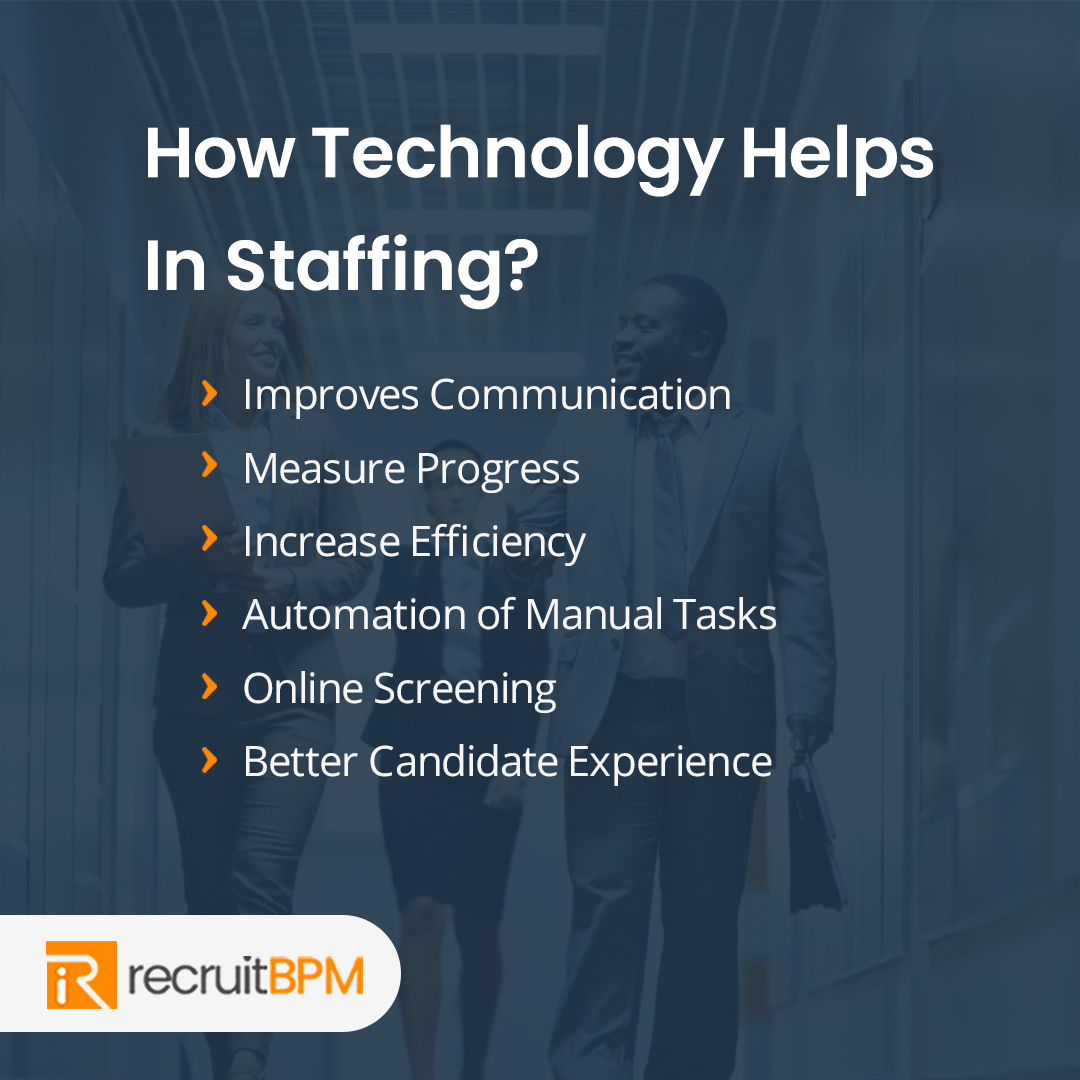In today's dynamic job market, the competition for top talent is fiercer than ever. To thrive in this environment, companies must adopt innovative approaches to attract, engage, and retain the best candidates. One such transformative tool gaining momentum is Recruitment Customer Relationship Management (CRM) software. As businesses recognize the importance of nurturing relationships with potential hires, Recruitment CRM emerges as a vital solution for streamlining and optimizing the recruitment process.
Understanding Recruitment CRM:
Recruitment CRM is a specialized software designed to manage and streamline the entire recruitment lifecycle, from sourcing candidates to onboarding. Unlike traditional applicant tracking systems (ATS), which primarily focus on managing applications, Recruitment CRM goes beyond by building and nurturing candidate relationships over time. It acts as a centralized hub for organizing candidate data, communication history, and recruitment analytics.
Key Features and Benefits:
- Candidate Relationship Management: Recruitment CRM enables recruiters to create and maintain a comprehensive candidate database. By capturing relevant information such as skills, experience, and preferences, recruiters can personalize communication and engagement strategies, fostering stronger connections with potential hires.
- Talent Pipelining: One of the most significant advantages of Recruitment CRM is its ability to proactively build talent pipelines. Recruiters can identify and engage with passive candidates, nurturing relationships long before job opportunities arise. This proactive approach reduces time-to-hire and ensures a continuous supply of qualified candidates.
- Automated Workflows: With automated workflows, recruiters can streamline repetitive tasks such as scheduling interviews, sending follow-up emails, and tracking candidate progress. By automating these processes, best Recruitment ATS enhances efficiency, allowing recruiters to focus on high-value activities like candidate engagement and relationship-building.
- Data Analytics and Reporting: Recruitment CRM provides valuable insights into recruitment performance through data analytics and reporting tools. Recruiters can track key metrics such as source effectiveness, time-to-fill, and candidate engagement rates, enabling data-driven decision-making and continuous process improvement.
- Collaboration and Communication: Recruitment CRM facilitates seamless collaboration among hiring teams by centralizing communication and document sharing. Recruiters can assign tasks, share feedback, and collaborate in real-time, ensuring transparency and alignment throughout the recruitment process.
Implementation and Integration:
Implementing a Recruitment CRM system requires careful planning and integration with existing HR and recruitment processes. Companies should assess their unique needs and objectives before selecting a suitable CRM solution. Additionally, seamless integration with other HR technologies such as ATS, HRIS (Human Resources Information System), and job boards is essential to maximize efficiency and data consistency.
Future Trends and Challenges:
As the recruitment landscape continues to evolve, several trends and challenges are shaping the future of Recruitment CRM:
- AI and Predictive Analytics: The integration of artificial intelligence (AI) and predictive analytics capabilities enhances Recruitment CRM's ability to identify top candidates, predict hiring trends, and personalize candidate experiences.
- Remote Work and Virtual Recruitment: The shift towards remote work has accelerated the adoption of virtual recruitment tools and platforms. Recruitment CRM must adapt to facilitate virtual interviews, assessments, and onboarding processes seamlessly.
- Data Privacy and Compliance: With the increasing focus on data privacy and compliance regulations such as GDPR and CCPA, Recruitment CRM vendors must prioritize data security and compliance measures to safeguard candidate information.
- Candidate Experience: Delivering a positive candidate experience remains a top priority for organizations. Recruitment CRM plays a crucial role in creating personalized, engaging experiences for candidates at every stage of the recruitment journey.
Conclusion:
Recruitment CRM represents a paradigm shift in how organizations approach talent acquisition and management. By leveraging advanced technology and data-driven insights, companies can build robust candidate pipelines, streamline recruitment workflows, and enhance overall efficiency. As the demand for top talent intensifies, Recruitment CRM emerges as a strategic imperative for businesses looking to gain a competitive edge in the evolving job market.
Unveil the capabilities of RecruitBPM, your definitive CRM for recruiting solution. Simplify your recruitment procedures, cultivate candidate connections, and effortlessly implement data-driven strategies. With RecruitBPM, the hiring process becomes seamlessly manageable.





Comments